Every year, travelers pay close attention to global passport rankings. A passport is more than a document. It is a key that decides how easily you can move across borders.
For frequent flyers and people planning long journeys, the strength of a passport can open doors or add layers of visa paperwork.
In 2025, the latest passport rankings once again highlight a clear shift in global mobility. Asian countries dominate the top positions, while European nations continue to hold strong spots.
The ranking is based on how many countries a passport holder can enter without a visa or get a visa on arrival.
How Passport Rankings Are Calculated
Most passport rankings, including the popular Henley Passport Index and Arton Capital’s Passport Index, look at the number of destinations accessible without pre-arranged visas. Visa-free entry and visas issued on arrival are counted as accessible countries.
Passports that provide the freedom to visit more than 180 destinations without complicated paperwork naturally end up at the top of the list.
Global events like changes in diplomatic relations, new trade agreements, and sometimes security policies can change the rankings. The 2025 list reflects how the travel world continues to evolve.
The Top Ten Most Powerful Passports in 2025
Here is a closer look at the passports that currently hold the top ten spots and what makes them powerful.
1. Japan
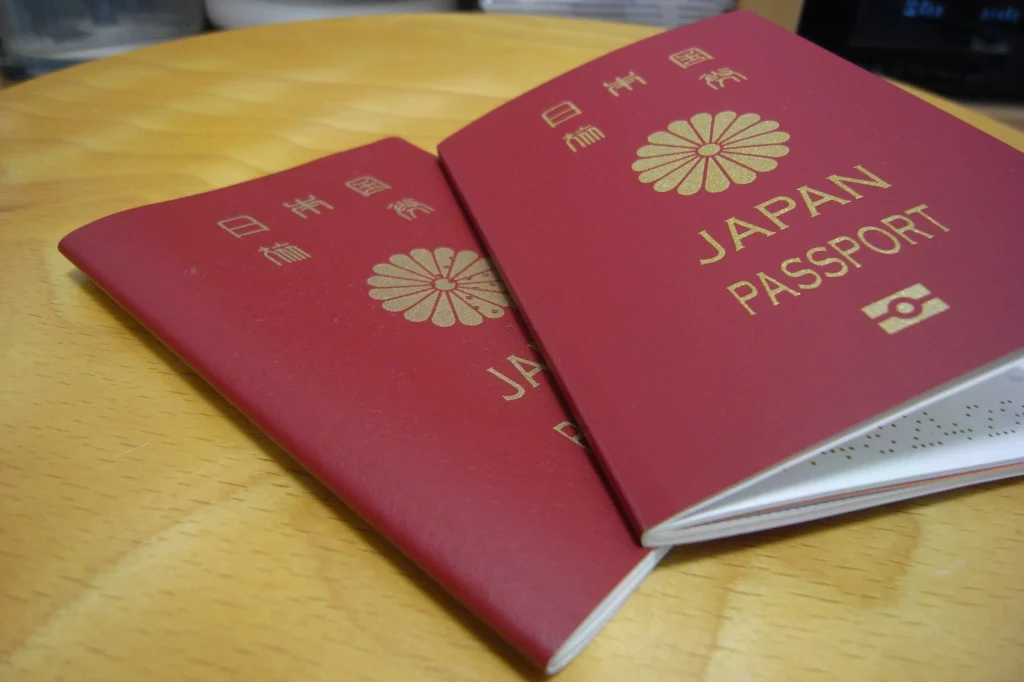
Japan retains a leading position once again. Japanese passport holders can visit over 190 countries without applying for a visa in advance.
This high level of access is the result of decades of diplomatic goodwill and stable international relations.
For travelers, this means less planning. Whether you want to visit Europe, the United States, or almost anywhere in Asia, a Japanese passport allows entry with minimal bureaucracy.
2. Singapore
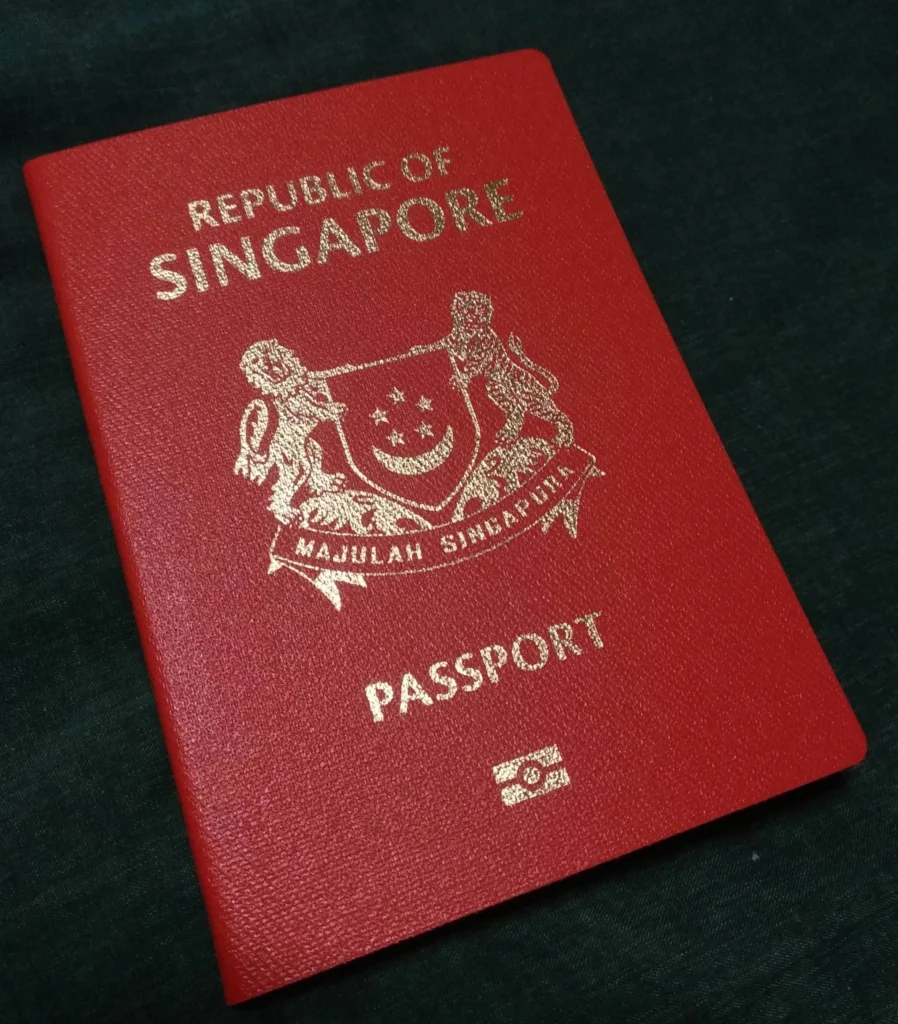
Close behind is Singapore. Its passport is one of the most respected worldwide. With access to more than 189 countries, Singapore citizens enjoy one of the most flexible travel experiences.
Singapore’s global connectivity, trade links, and diplomatic outreach make this possible. For a country of its size, the influence it holds in global travel and business is remarkable.
3. France
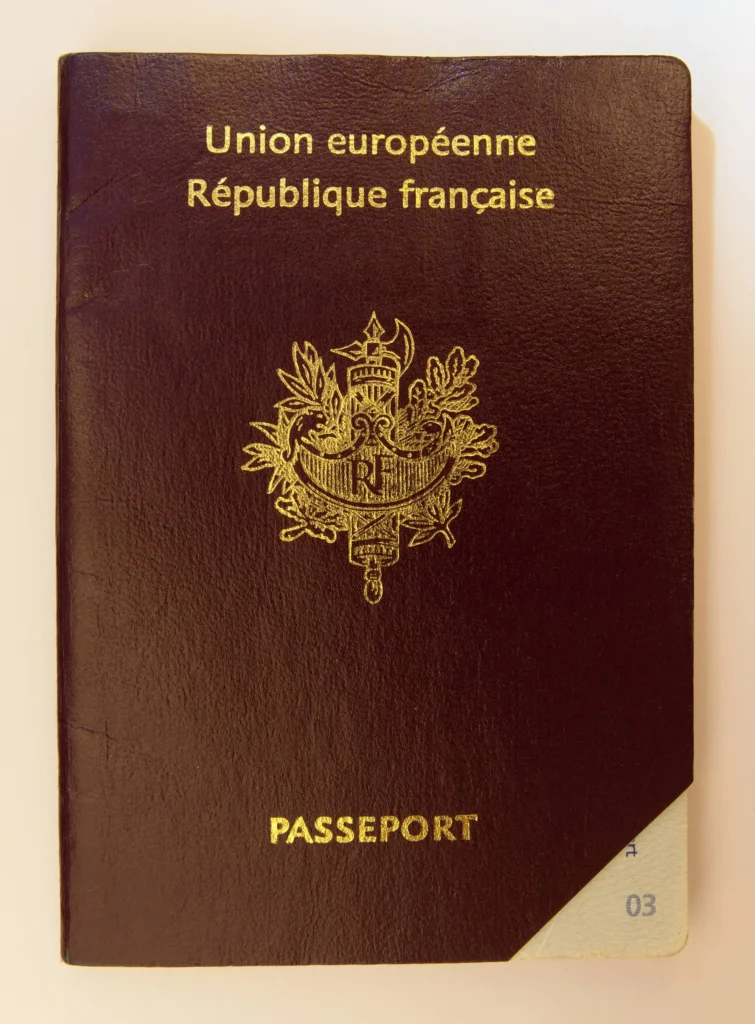
France consistently ranks high in global mobility. In 2025, French citizens can enter more than 189 countries without a prior visa.
This reflects the strength of the European Union’s agreements, as French travelers enjoy the benefits of Schengen membership along with global access.
The French passport is also valued for the ease of moving around Europe. From Paris to Rome to Madrid, borderless travel within the EU remains one of its key advantages.
4. Germany
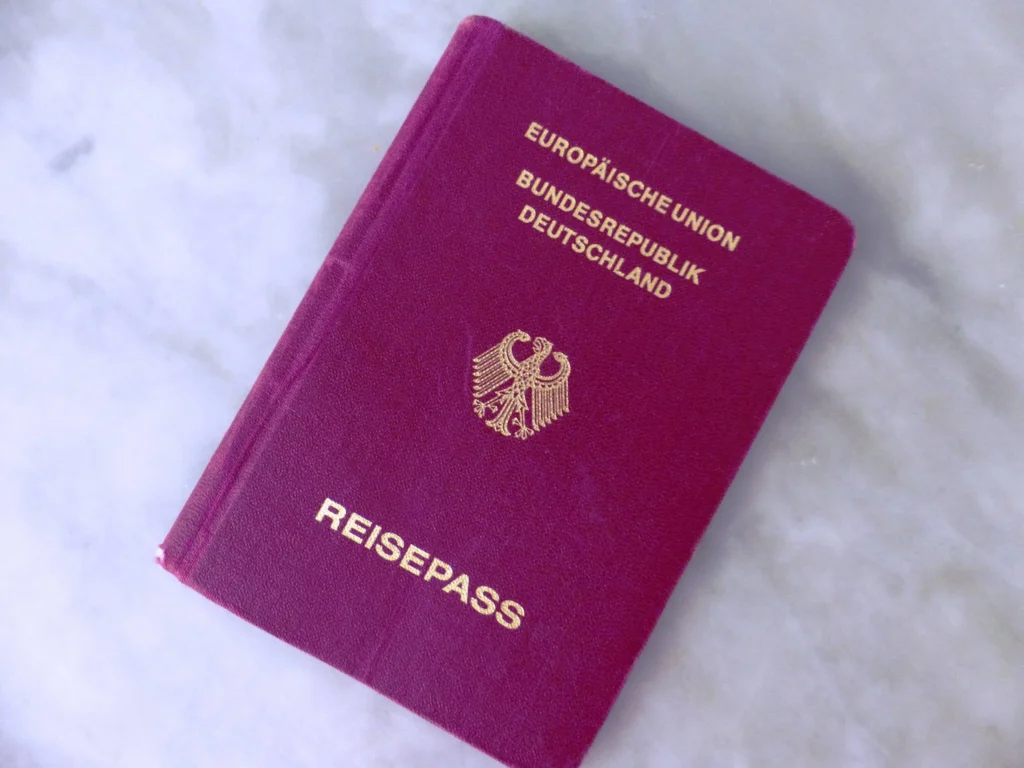
Germany has long been a heavyweight in the passport world. In 2025, it shares access to around 189 destinations.
German citizens benefit from Europe’s integrated travel networks and its extensive list of bilateral agreements.
A German passport makes it simple to travel across the Americas, Asia, and Africa. For Germans, arranging spontaneous trips abroad is a practical reality.
5. Italy
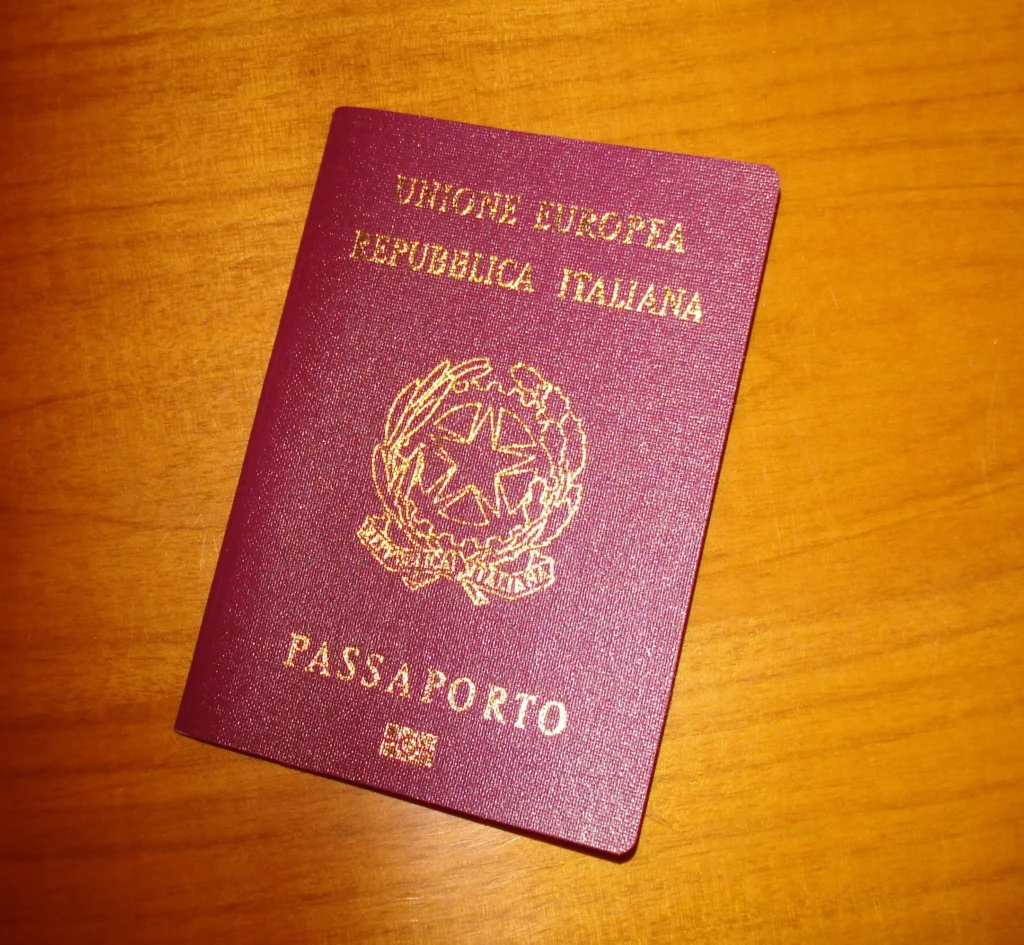
Italy’s passport is another strong performer this year, providing access to 189 countries. Italian citizens enjoy smooth entry into many parts of the world without having to go through long visa procedures.
The cultural reach of Italy combined with strong EU travel agreements keeps its passport among the global top tier. It also offers easy access to other Schengen countries.
6. Spain
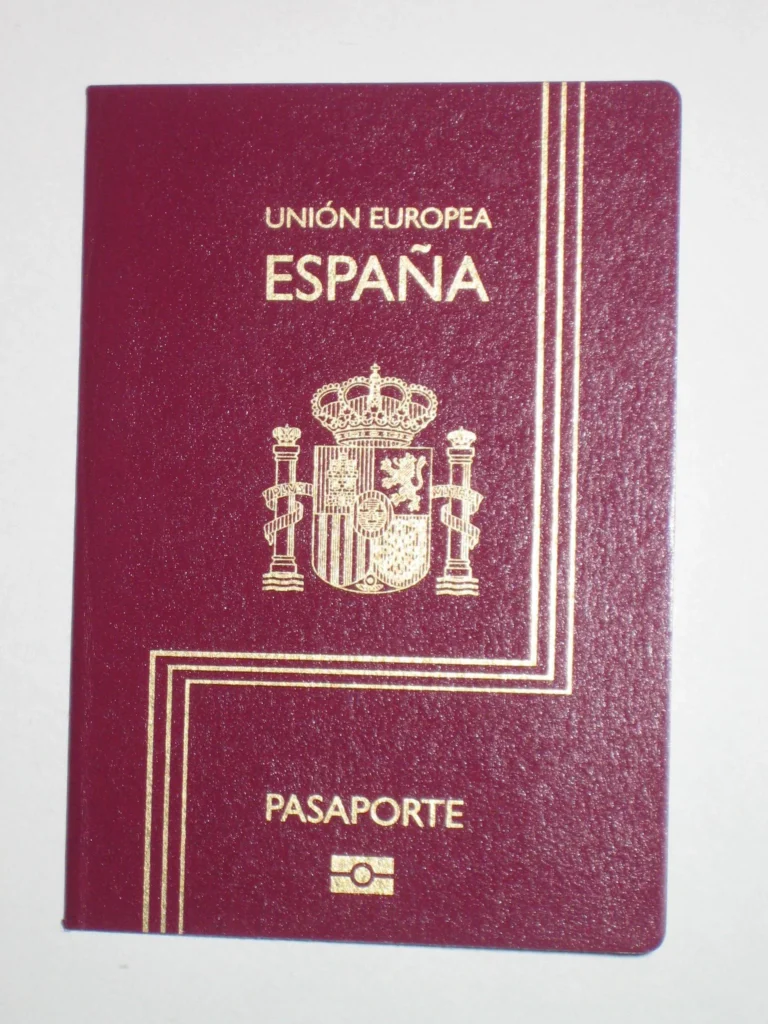
Spain ties with Italy in terms of global mobility. Spanish citizens can travel to around 189 destinations without a pre-arranged visa. Like other EU countries, Spain benefits from the free travel agreements within Europe and a wide set of partnerships with other regions.
Whether it is Latin America, the Caribbean, or Asia, a Spanish passport simplifies journeys.
7. South Korea
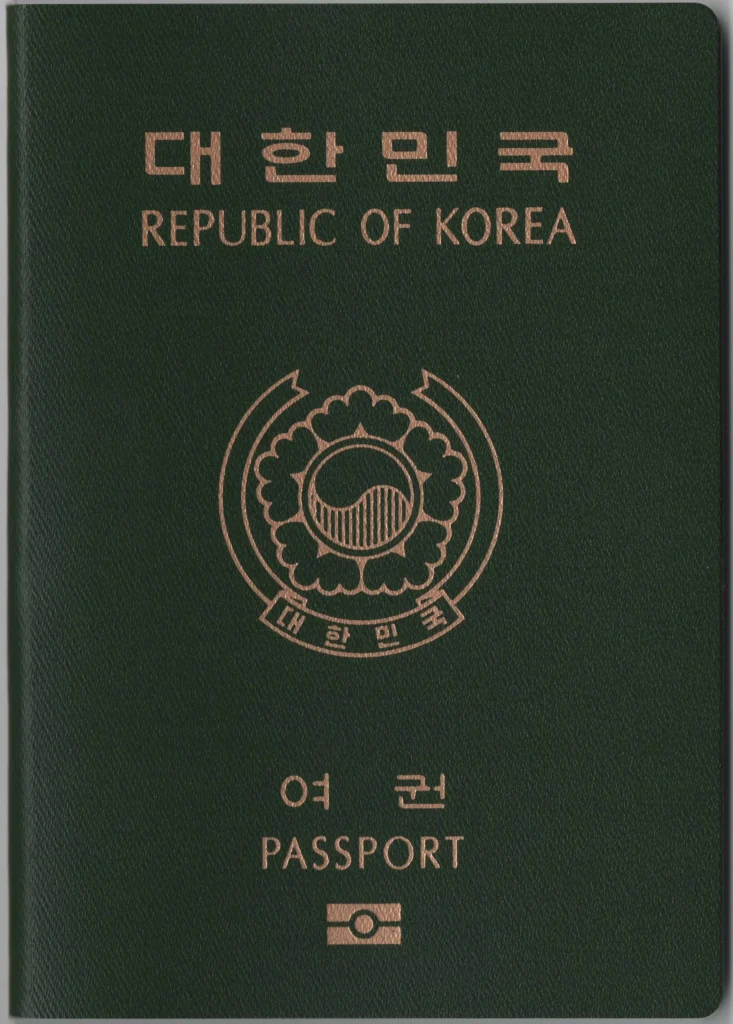
South Korea continues to climb steadily in passport rankings. In 2025, it grants visa-free or visa-on-arrival access to over 188 countries.
South Korean citizens enjoy an impressive level of global freedom that reflects the country’s strong diplomatic relations and economic presence.
The influence of South Korean culture and business has helped strengthen global travel agreements, giving its citizens greater access.
8. United Kingdom
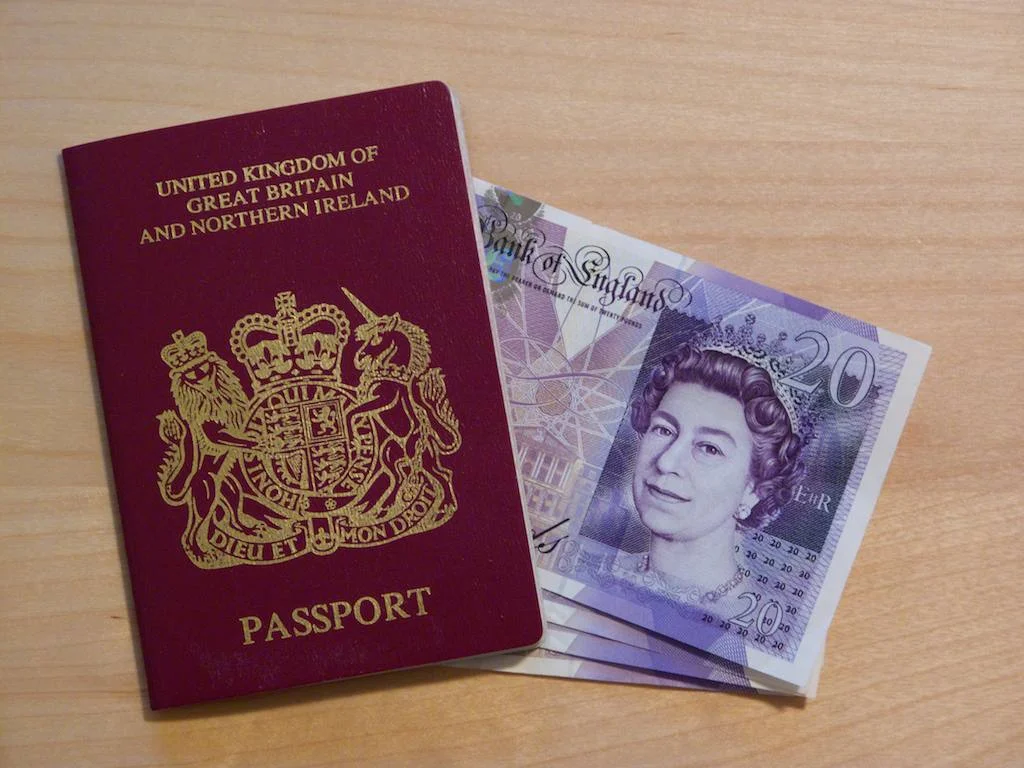
The British passport remains a major travel asset, even after Brexit. In 2025, UK citizens can travel to about 188 destinations without a visa in advance.
Although leaving the European Union changed some arrangements, the UK maintains strong travel agreements with many parts of the world. British travelers still enjoy broad access across Europe, Asia, and North America.
9. Netherlands
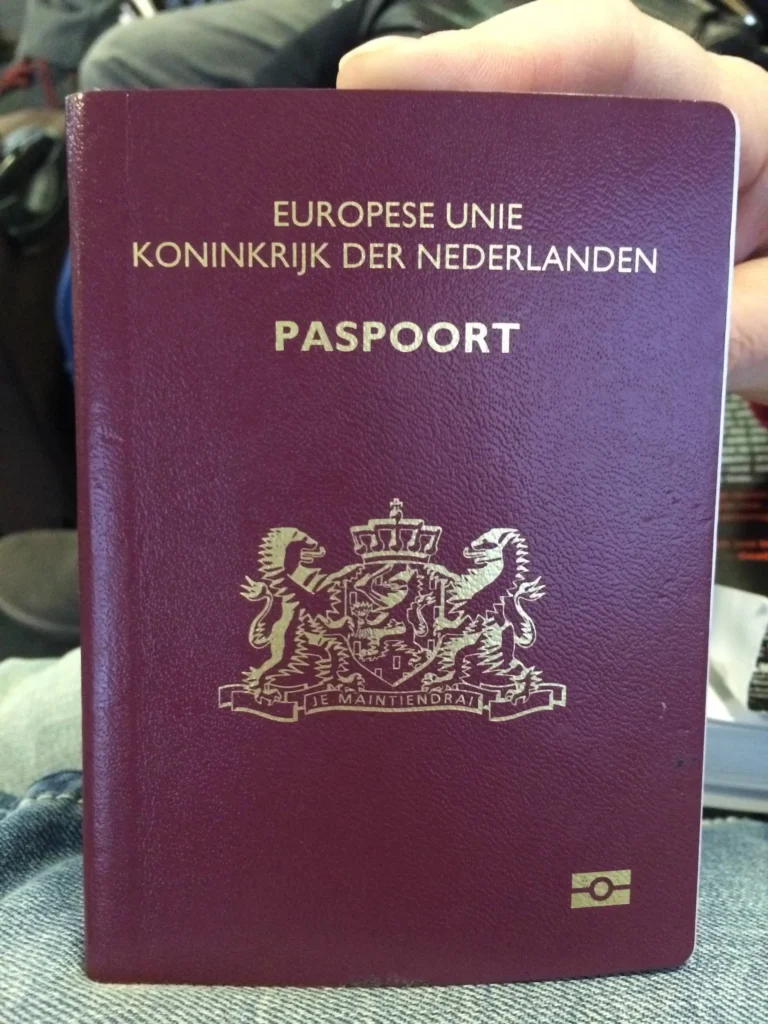
The Netherlands has a passport that opens the door to around 188 countries. Dutch citizens benefit from EU partnerships and the country’s reputation as an international hub.
The Netherlands is known for its active participation in global diplomacy and trade, which translates into extensive travel freedom.
10. Finland
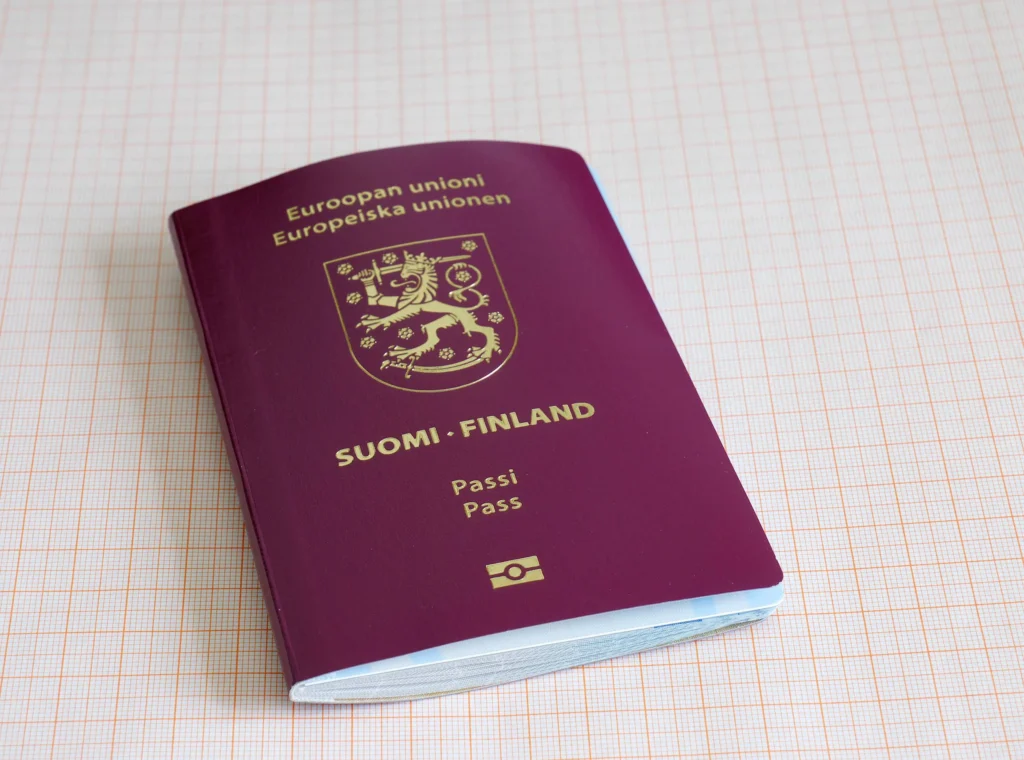
Rounding out the top ten, Finland offers access to 188 countries. Like its EU counterparts, Finland uses its stable politics and strong international relations to secure global travel privileges for its citizens.
Finnish passport holders have one of the easiest experiences when it comes to spontaneous global travel.
What These Rankings Mean for Travelers
For those holding one of these passports, travel is straightforward. Visa paperwork, embassy visits, and long waiting times are minimal. For many travelers, this also reduces costs because visas can add up to hundreds of dollars for certain destinations.
If your passport is not in the top tier, it does not mean global travel is impossible. It just means planning ahead is more important.
Travelers from countries with less mobility can still visit most destinations, but they need to handle visa requirements earlier.
Why Some Countries Climb Higher in Rankings
Diplomacy plays a huge role. When two nations sign agreements that allow free travel, the passport of each country becomes more powerful.
Economic stability, low security risks, and a good record of compliance with immigration rules also influence how much access a passport grants.
Countries that invest in international partnerships and strong consular networks tend to see their passport rankings improve over time.
The Impact on Tourism and Business
The passport you carry can shape your life in more ways than one. Business executives, digital nomads, students, and frequent leisure travelers benefit the most from strong passports.
For tourism boards, these rankings also matter. Countries that can travel easily are more likely to send tourists abroad, which drives global tourism revenues.
For businesses, strong passports simplify attending global meetings, exhibitions, and academic exchanges without long visa delays.
How to Make the Most of Your Passport
If you are fortunate to have one of the top ten passports, you can explore the world with much less hassle.
However, even the strongest passports do not guarantee entry. Always check entry requirements such as e-visas, travel insurance, and local rules before departure.
For those with passports that rank lower, applying for multiple-entry visas, exploring regional agreements like the Schengen visa, and planning ahead can open up a similar world of opportunity.
Looking Ahead
Global travel freedom changes each year. New alliances, changing security policies, and world events influence how easily citizens can move.
While Asia and Europe dominate the top ten today, other regions are making progress. Gulf countries, for example, have been actively negotiating new travel agreements that may soon boost their ranking.
As more countries realize the importance of tourism and global cooperation, it is likely that mobility will expand rather than shrink.











